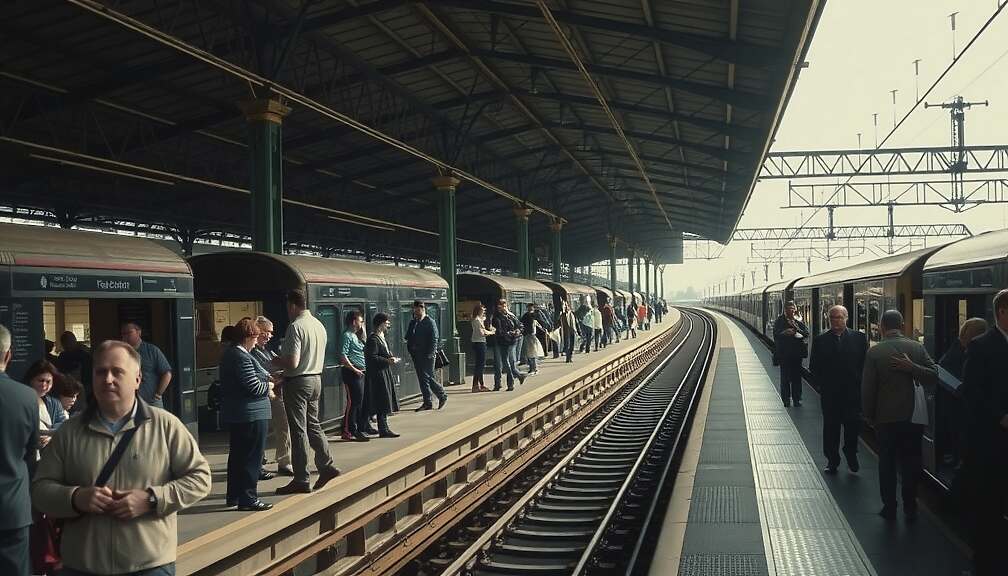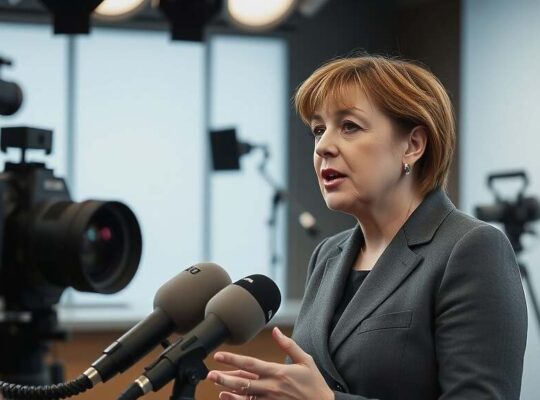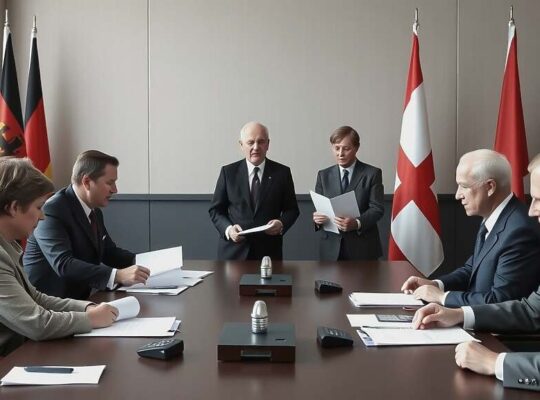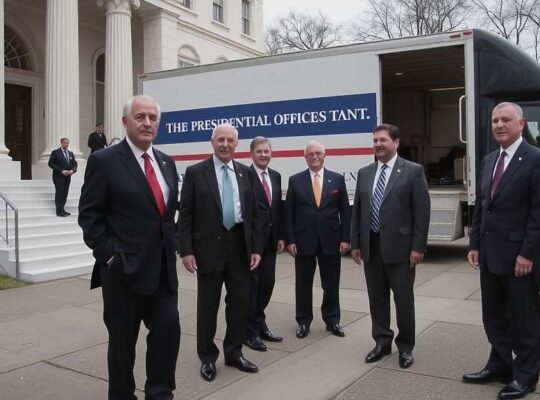Deutsche Bahn is facing mounting criticism over proposals to reduce services and significantly raise fares on its long-distance Intercity Express (ICE) and Intercity train routes.
Luigi Pantisano, the German Parliament’s transport policy spokesman for the Left party, stated to the “Tagesspiegel” that passengers are unlikely to understand the planned price increases and reduced service offerings. He suggested that ticket price hikes exceeding ten percent would be unaffordable for many.
The potential price increases are reportedly driven by a rise in track usage fees, known as “Trassenpreise”. Martin Burkert, leader of the GDL rail union, indicated that this has resulted in a €95 million deficit for DB Fernverkehr this year.
Internal documents, according to “Tagesspiegel”, reveal that DB Fernverkehr intends to cut numerous ICE and Intercity connections to tourist destinations and smaller cities by 2026. Proposed reductions include halving the frequency of long-distance trains to destinations like Lake Constance and Garmisch-Partenkirchen. Connections to Lübeck in northern Germany may be eliminated entirely and Kiel is slated to lose direct services to Cologne, Munich and Basel.
Schleswig-Holstein’s Transport Minister Claus Ruhe Madsen (CDU) voiced his disapproval, stating his government is “naturally not satisfied” with these plans while acknowledging the economic and infrastructure challenges DB Fernverkehr faces. He added that the state government will continue efforts to ensure the region remains well-connected.
Lukas Iffländer, deputy chairman of passenger association Pro Bahn, attributes the potential service cuts to political shortcomings. He argues that the federal government, as the owner of Deutsche Bahn, must define the desired level of long-distance service and its financing. Iffländer criticized the federal government’s tendency to deflect responsibility by citing Deutsche Bahn’s status as an operating company within a joint-stock structure.












